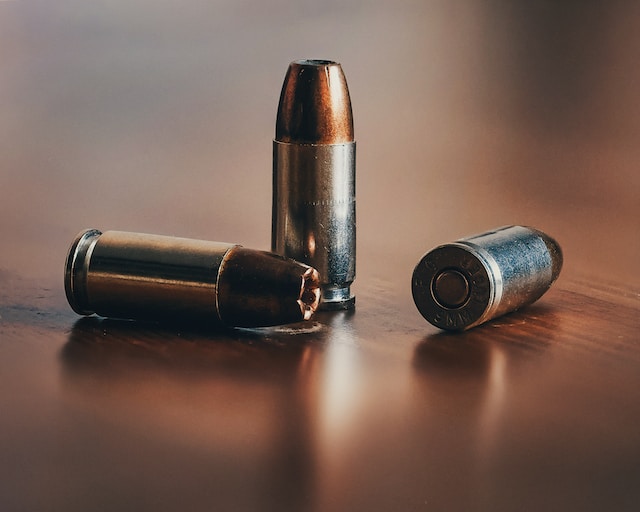Bullets are designed to be lethal when fired through air, but they behave differently when fired through water. The factors that affect the lethality of a bullet underwater include the type of gun, the caliber of the bullet, the distance from the target, and the depth of the water.

In general, bullets fired from most firearms will lose their velocity and energy quickly when they enter the water. This is because water is much denser than air, and it creates a lot of resistance and drag on the bullet as it travels through the water. This loss of velocity and energy can reduce the lethality of the bullet, making it less effective at penetrating and injuring the target.
The distance between the shooter and the target is also a factor in determining the lethality of a bullet underwater. The further the bullet travels through the water, the more it will slow down and lose its energy, making it less likely to cause injury or death. In general, bullets fired at close range are more likely to be lethal than those fired from a distance.
The caliber of the bullet is another important factor in determining its lethality underwater. Larger caliber bullets, such as those fired from rifles or shotguns, are more likely to be lethal than smaller caliber bullets, such as those fired from handguns. This is because larger bullets have more mass and momentum, which allows them to penetrate deeper into the water and maintain their velocity and energy for longer distances.
The depth of the water can also affect the lethality of a bullet. The deeper the water, the more resistance and drag the bullet will experience, which can reduce its velocity and energy even further. Additionally, the pressure of the water can cause the bullet to deform or break apart, reducing its ability to penetrate and injure the target.
In general, it is difficult to determine exactly how far a bullet can travel underwater and still be lethal. However, studies have shown that some bullets fired from handguns can still be lethal at distances of up to 15 feet (4.6 meters) underwater. At further distances, the lethality of the bullet decreases significantly.
It is also important to note that firing a gun underwater can be dangerous and unpredictable. The pressure created by the firing of the gun can cause the gun to malfunction, and the recoil can cause injury to the shooter. Additionally, firing a gun underwater can create a shockwave that can damage nearby structures or injure marine life.
In conclusion, the lethality of a bullet underwater depends on several factors, including the type of gun, the caliber of the bullet, the distance from the target, and the depth of the water. While some bullets fired from handguns may still be lethal at distances of up to 15 feet underwater, it is generally difficult to determine exactly how far a bullet can travel and still be lethal. Firing a gun underwater can also be dangerous and unpredictable, and should only be attempted by experienced professionals with the appropriate safety measures in place.